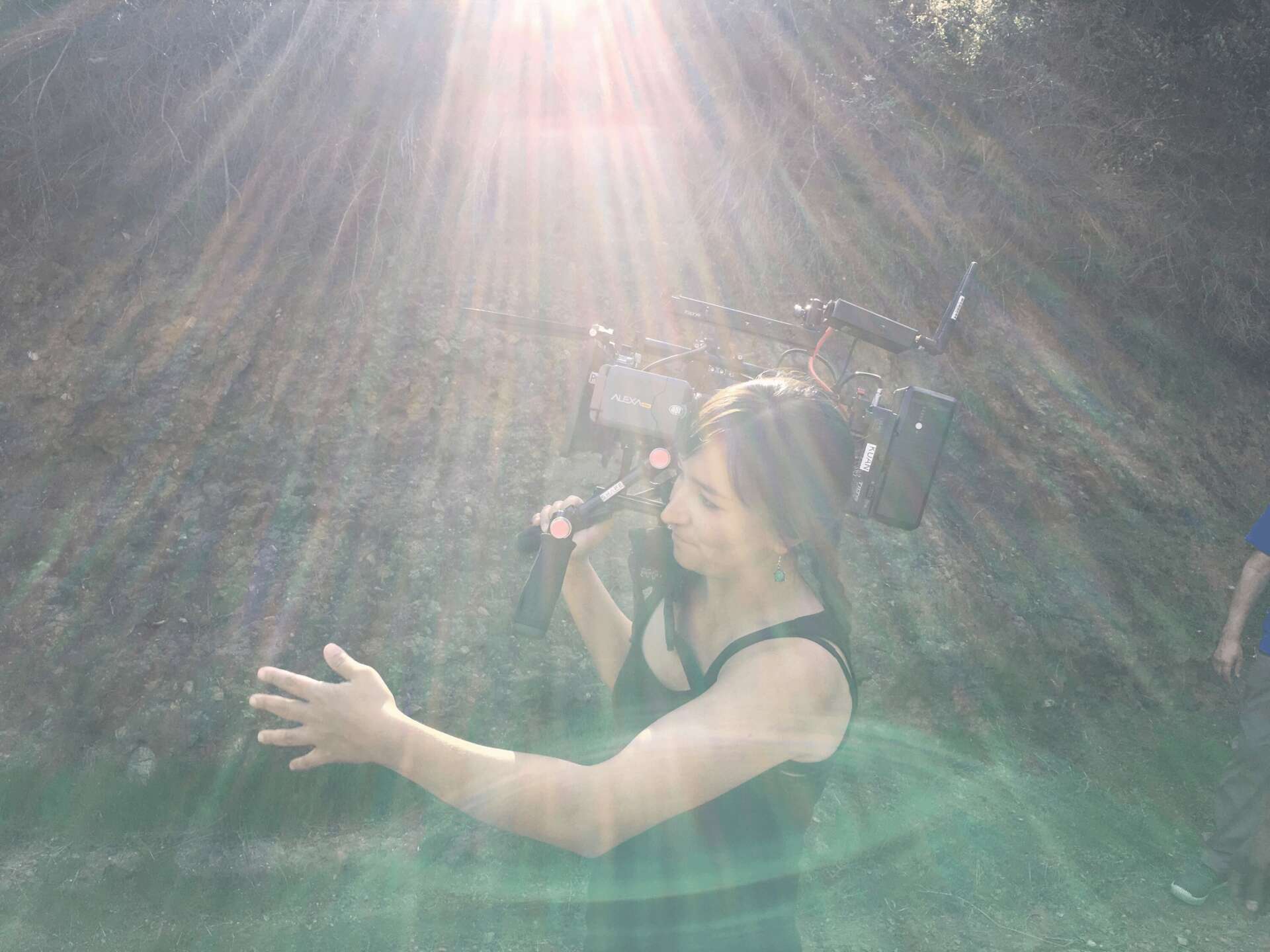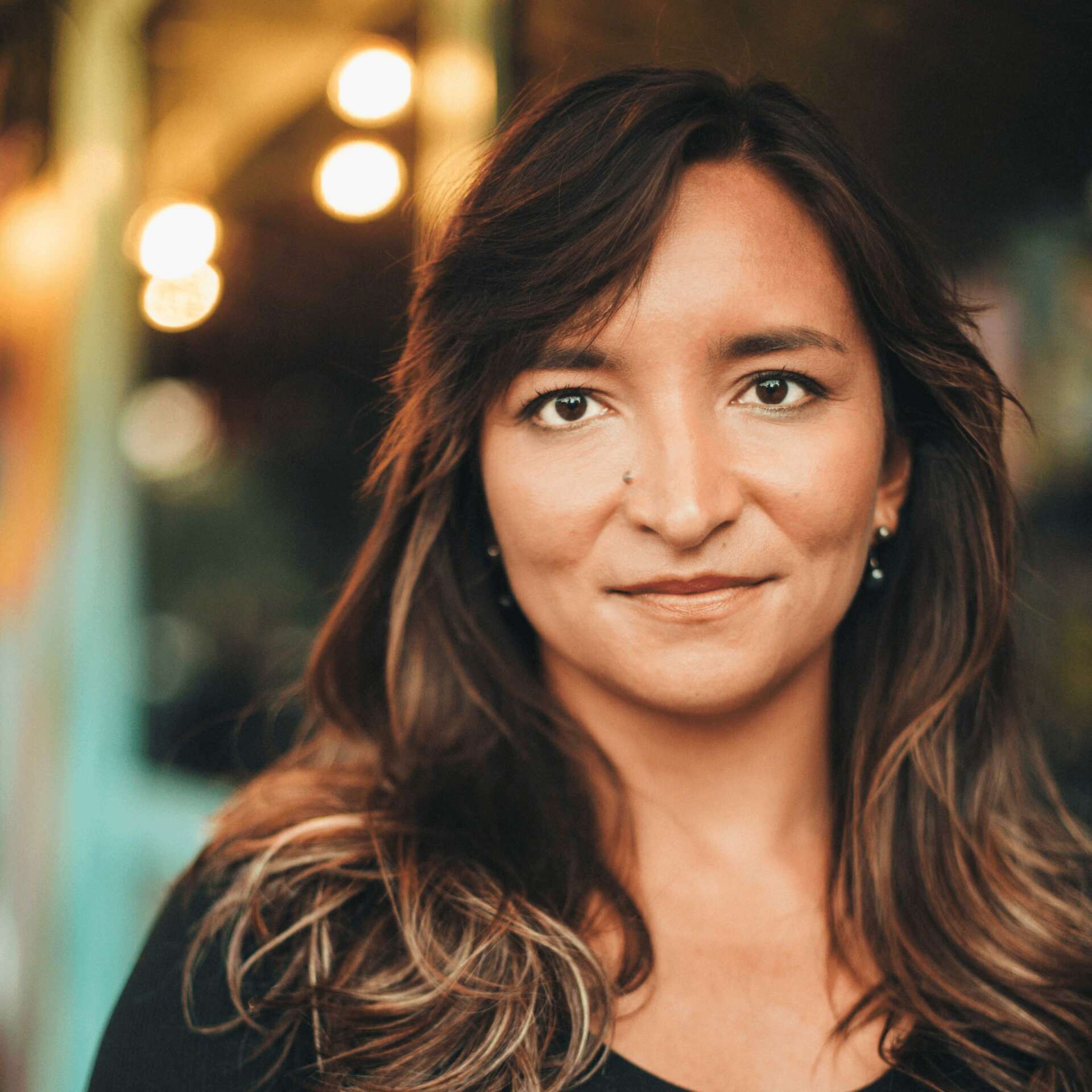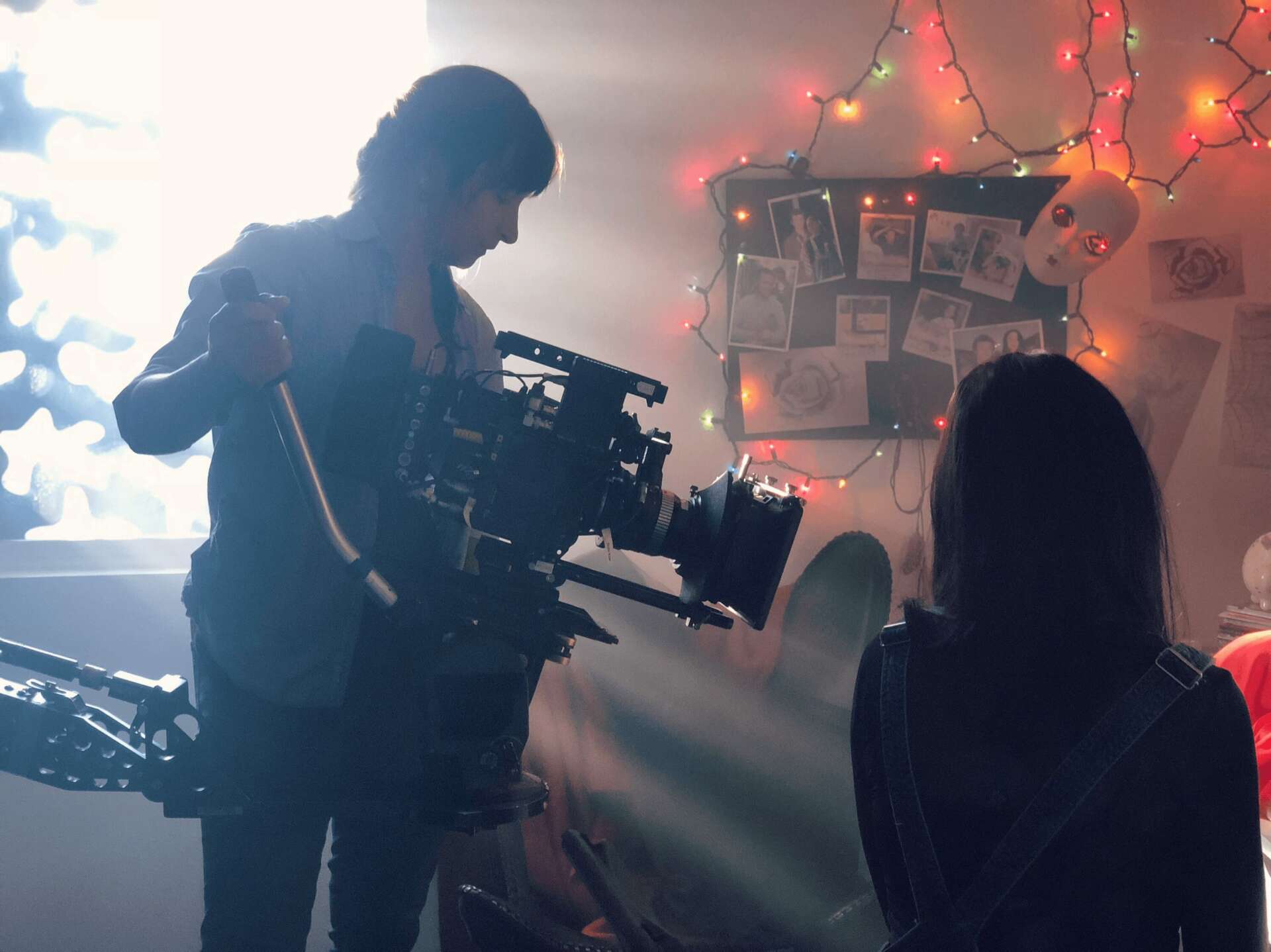We caught up with the brilliant and insightful Olivia Kuan a few weeks ago and have shared our conversation below.
Olivia, thanks for joining us, excited to have you contributing your stories and insights. Have you been able to earn a full-time living from your creative work? If so, can you walk us through your journey and how you made it happen? Was it like that from day one? If not, what were some of the major steps and milestones and do you think you could have sped up the process somehow knowing what you know now?
The short answer is yes, I have been able to earn a full time living with filmmaking. But that doesn’t mean that can’t change tomorrow. The path to financial success in a creative field is not linear. It’s full of peaks and valleys. For example, I was doing quite well in 2019. I was making great money and doing work that I found creatively fulfilling. But of course, 2020 changed all of that for everyone. I ended up working at a COVID testing site for a year and didn’t have another filmmaking gig until 2021. This was an important reminder that stability is an illusion and that experience helped me redefine what success meant to me. Perhaps art only truly thrives when it breaks free of capitalism.

Olivia, before we move on to more of these sorts of questions, can you take some time to bring our readers up to speed on you and what you do?
I am a filmmaker who has been practicing cinematography since 2007. I have shot over 30 feature films both scripted and documentary. A few highlights from this list include I Blame Society directed by Gillian Wallace Horvat, The Clearing directed by David Matalon, and First Period directed by Charlie Vaughn. Recently, I have been dabbling in directing. My feature documentary The Herricanes won two awards at SXSW in 2023 and was just acquired by Blue Harbor Entertainment. Moving forward, I continue to seek out ways to collaborate with other filmmakers as a cinematographer and am open to directing opportunities that may come my way. Working with other creative people in both capacities is what I love about this field.
In your view, what can society to do to best support artists, creatives and a thriving creative ecosystem?
Many countries around the world, especially in Europe, have government programs that support the arts. In this country, funding for the arts is much harder to come by. One either has to seek out private grants that are very competitive and take tremendous energy just to apply to them, or seek out investments which require a profit to be made. These conditions make it very difficult to take creative risks or stretch the imagination. Everything needs to be recognizable by the folks holding the cash. In order for art to thrive, it needs to be freely funded. I don’t know how to make that happen, but perhaps someone smarter than me can figure it out.

Do you think there is something that non-creatives might struggle to understand about your journey as a creative? Maybe you can shed some light?
It is hard to ignore the fact that folks with salaried 9-5 jobs see me as a lost soul. In their eyes, my freelance lifestyle means that I am poor and stressed all the time and that I’m only in this situation because I have no choice. While I must acknowledge that there are definitely tough times, the roller coaster of feast or famine has a lot of benefits. I enjoy working with new people, new parameters, and new content on every gig. This life is anything but boring. Freelancing forces you to stay flexible and keep spontaneity alive. Furthermore, my work life balance is weighted much more towards life than most of my friends. While this is obviously important for quality of life reasons, it’s also important in order to continuously rejuvenate creative energy. It’s a critical part of the cycle in doing the work we do.
Contact Info:
- Website: https://oliviakuan.com
- Instagram: @theherricanes
Image Credits
portrait by Abigail Gorden


